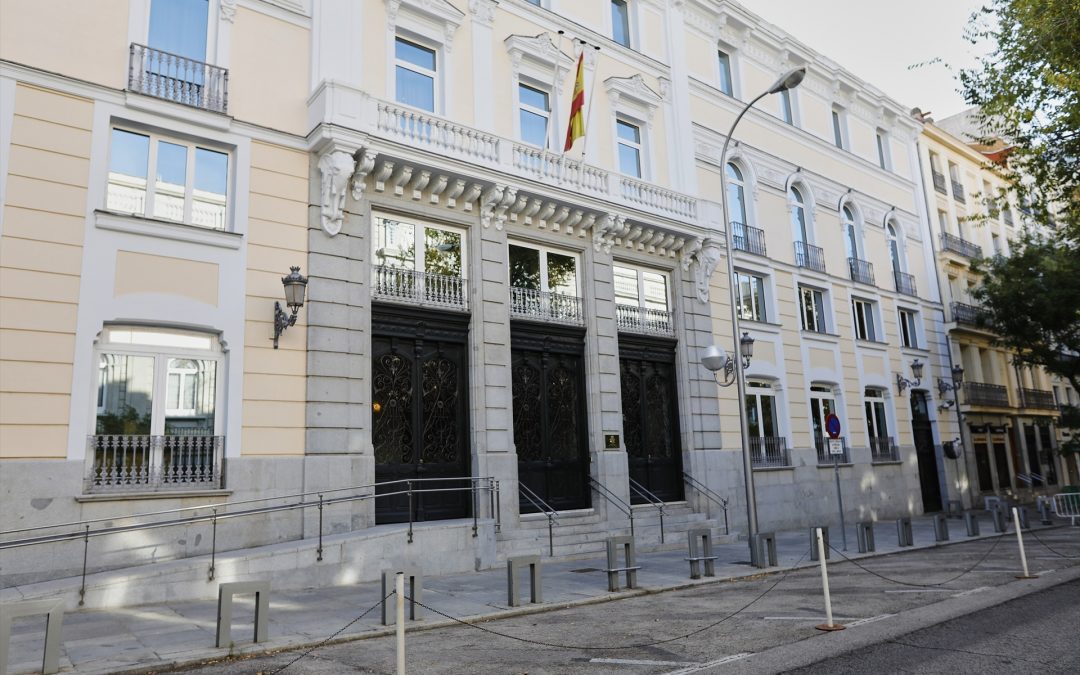Brussels – The European Commission has echoed the concern that exists in the Spanish judiciary about political attacks on the judiciary and has warned of the risk that this type of rhetoric may damage the fundamental trust of society in judges and their rulings.
In its report on the rule of law in Spain, in which it analyzes the democratic health of the country, the European Commission has also called for further progress to strengthen the independence and autonomy of the Attorney General.
“While courts are not immune to criticism and scrutiny, public trust in the judiciary is fundamental for its effectiveness, given its special role in society,” the nearly 40-page document states.
The “damage” to this trust, the document adds, is “particularly relevant” when it comes to statements made by the legislative and executive powers, since all branches of government must foster and protect the general public’s trust in constitutional institutions.
The text refers to the “concern” that has been conveyed to the Community Executive by the General Council of the Judiciary (CGPJ), judges’ associations, and other interest groups that “this type of statement made by politicians increasingly undermines public trust in the judiciary,” for example, when from politics “individual judicial decisions as well as the judiciary as a whole were criticized.”
The report concludes with a series of recommendations to Spain in which Brussels has avoided referring to the amnesty law because its analysis on its compatibility with Community law is still ongoing. However, Brussels reproduces part of the conclusions of the Venice Commission on the law in which it points to the controversy and divisions it created, as well as the urgency with which it was processed.
Among the recommendations, the Commission welcomes the “significant progress” made to unblock the CGPJ and celebrates the agreement that, thanks to its mediation through a “structured dialogue,” has allowed PSOE and PP to agree on the renewal of the governing body of judges, with the commitment to advance in the reform of the reform model afterward.
It also recognizes “some progress” to strengthen the status of the Attorney General but considers it insufficient and calls for more efforts regarding the separation of the mandates of the Attorney General and the government, taking into account European rules on independence and autonomy. (July 24)
 go to the original language article
go to the original language article
